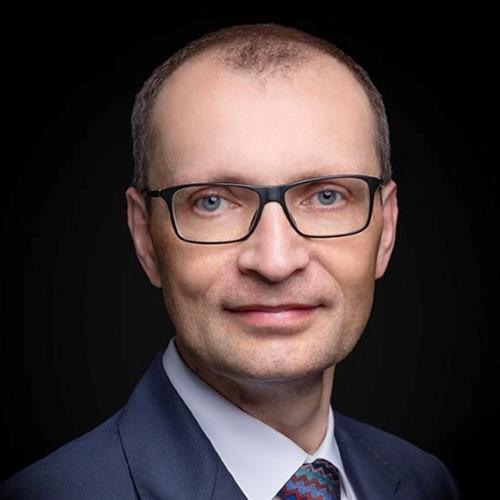Prominence in research and international outlook
For the third time, SWPS University has received recognition in the Times Higher Education Young University Rankings. The ranking assesses global universities less than 50 years old, highlighting their accomplishments. This year we ranked between 351 and 400 and secured the second spot among Polish universities. The only institution ahead of us is the Medical University of Lodz, which made its debut in the ranking. Notably, the total number of qualifying universities increased from 539 to 605.
We are pleased to share that we excelled in the "international outlook" and "research" categories earning the highest scores among the Polish universities featured in the ranking. Furthermore, our scores in three categories, "research," "citations," and "industry income," have improved as compared to the previous year.
To view the ranking, visit the Times Higher Education website
Young universities shape the future of higher education
The creators of THE Young University Rankings announced this year's results at the Times Higher Education Europe Universities Summit "Beyond resilience: How European higher education is preparing for the future," which took place at the University of Warsaw from July 3 to 5.
Among the speakers at the summit was Professor Roman Cieślak, Rector of SWPS University. He actively participated in a discussion panel titled "The 21st-century Institution: How Young Universities are Leading the Way in Europe." In his compelling speech, Professor Cieślak emphasized how young universities set contemporary operational standards, playing a significant part in shaping the future of higher education.
Young universities set groundbreaking standards for the future of higher education, guided by four fundamental principles. These principles encompass prioritizing cooperation over competition, adopting a participatory approach in university management, acting for the common good, and assuming responsibility for future generations through forward-thinking and responsible use of public and private resources. Furthermore, these universities consistently improve the quality of teaching and research. They give top priority to implementing solutions developed or co-developed within the academic community and promote the ethical use of new technologies.

Professor Roman Cieślak
Rector of SWPS University
Times Higher Education Young University Rankings
THE Young University Rankings apply the same methodology as the World University Rankings to assess research-intensive universities across all their core missions: teaching, research, knowledge transfer, and international outlook. However, the weightings are recalibrated to reflect the profile of missions of young universities.
The performance indicators are grouped into five areas:
- teaching (the learning environment)
- research (volume, income, and reputation);
- citations (research influence);
- international outlook (staff, students, and research)
- industry income (knowledge transfer)